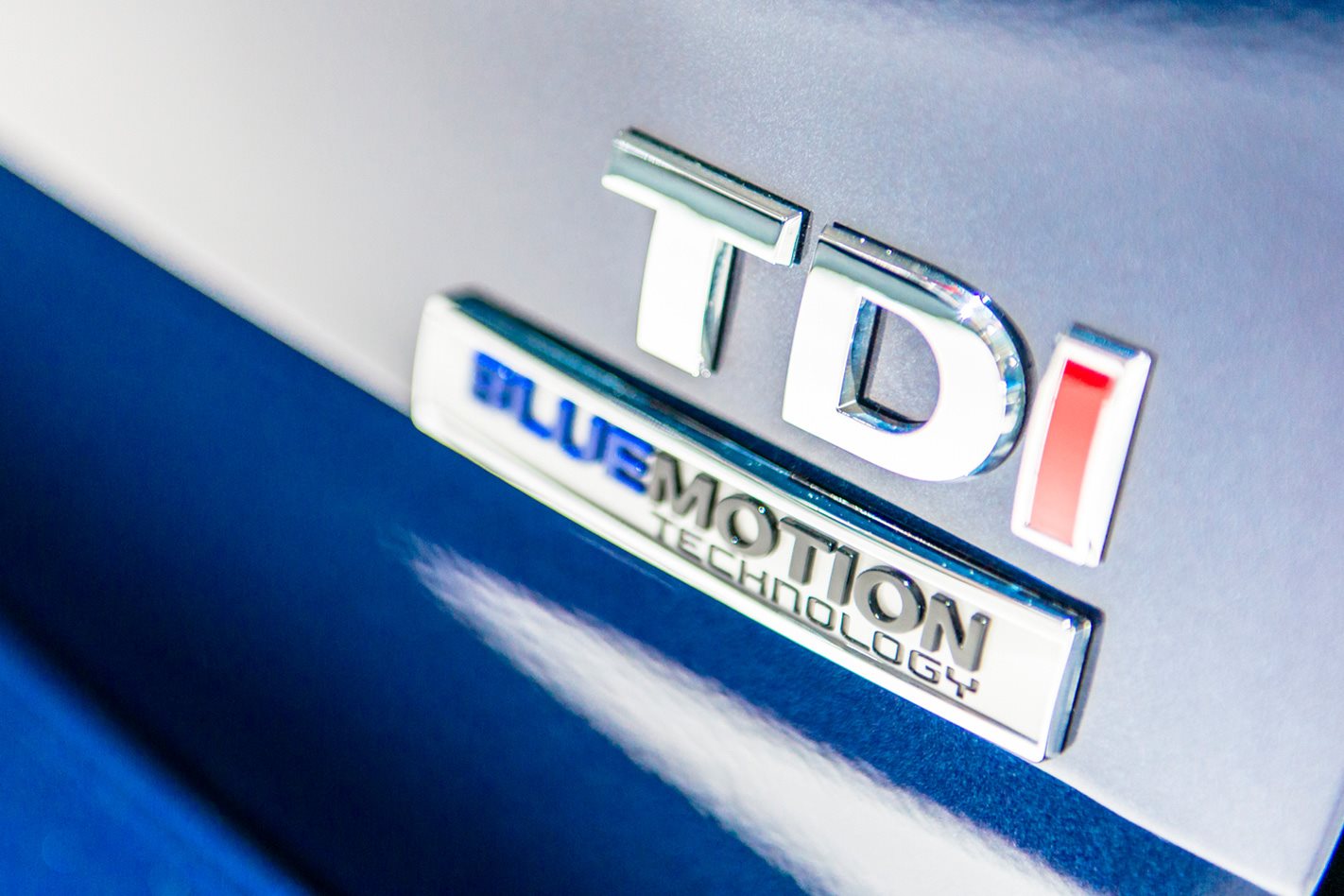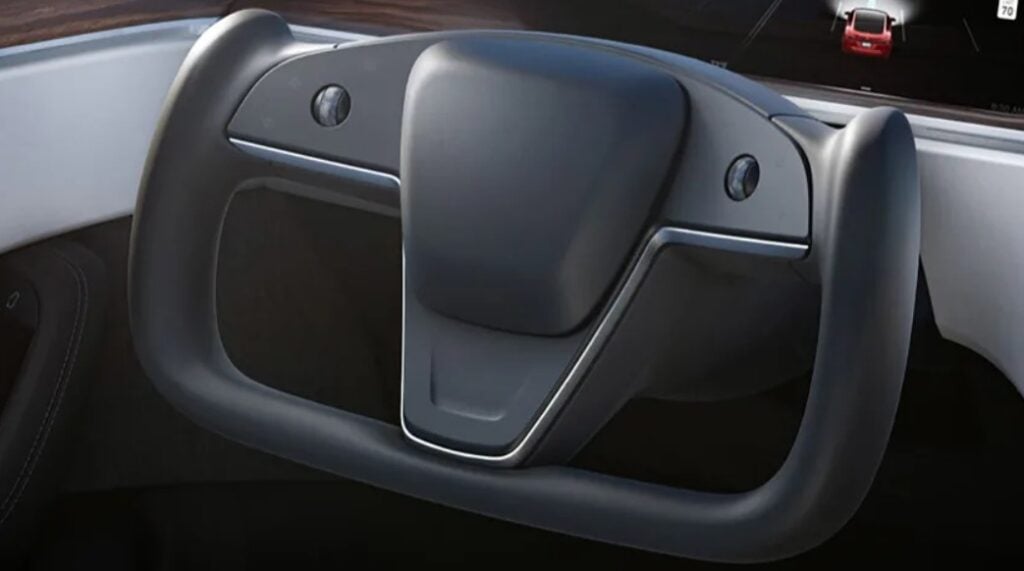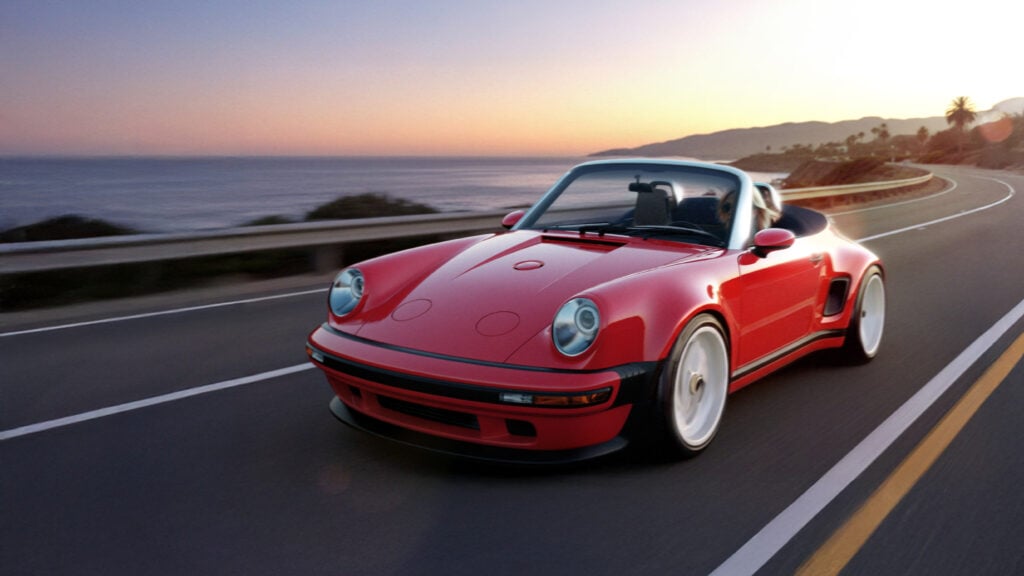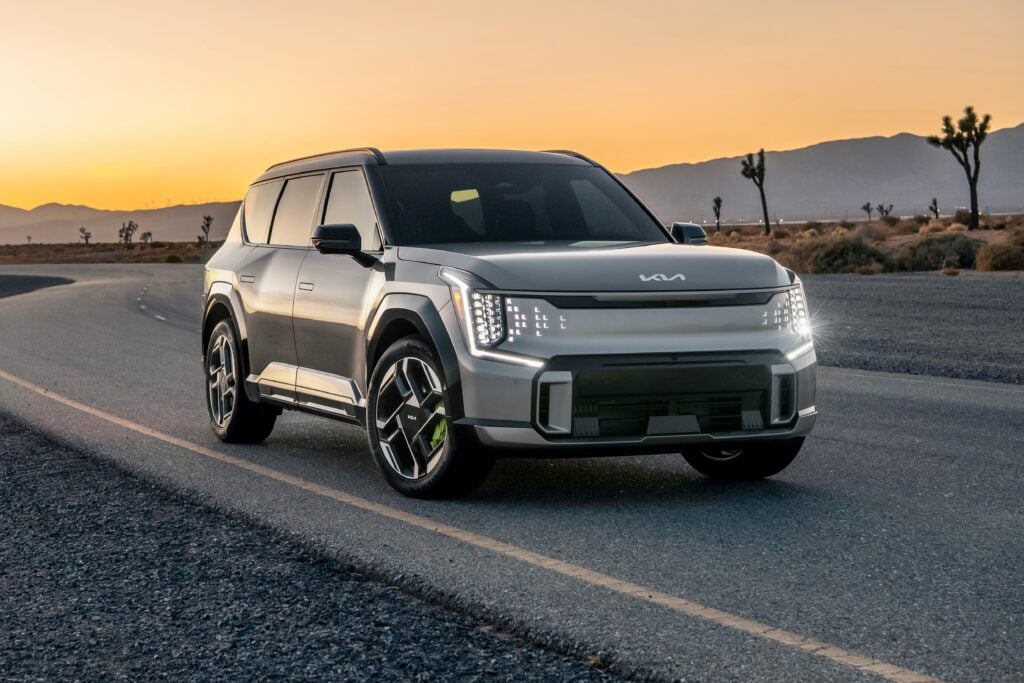Under the iron-fist rule of CEO Martin Winterkorn, Volkswagen, the world’s largest car maker, had tunnel vision. Diesels were the future, it would do anything to crack the US diesel market and be the dominant European player within it, and it would take a watching brief before investing in perceived marginal ideas like electric mobility and autonomous cars. The company was not innovative but it was motivated, albeit by flawed reasoning.
But a black swan landed and blew apart the German establishment. VW’s clean diesel campaign was a lie. It had duped customers into thinking that its diesel-powered cars were green when they were brown.
In September 2015 it was revealed that VW had engineered software to detect when government bodies were testing vehicles and switch to a ‘clean mode’ that was fleeting during real-world driving. It damaged VW’s reputation in the US and sales plummeted nearly five percent in 2015 and 7.6 percent further the year after. Dealerships sacked staff and questioned the brand’s viability.
In Australia, from a booming increase of 10 percent in 2015 – even factoring in a slowdown after the September bombshell – sales in 2016 fell by more than six percent. Europe, Wolfsburg’s stronghold, slipped from a six percent increase through 2015 to flatline in 2016.
The culture inside the company that led up to its fall from grace was like “North Korea without the labour camps”, wrote Europe’s largest weekly news magazine, Der Spiegel. Winterkorn was a ruthless leader who saw diesel as the future and was not to be questioned. But in the wake of Dieselgate, justice was served. Winterkorn resigned, and executives have since been criminally charged. Sales were in free fall; the company was being pulled apart from the inside out. So what happened next is nothing short of a miracle.
Turning its attention away from diesel, VW pivoted from observer of electric and autonomous mobility to an industry leader. Volkswagen pledged that its VW, Skoda, Seat and Audi brands would launch 27 electric vehicles by 2022 – remarkable from the company that took 13 years even to catch up with Toyota’s Prius hybrid technology.
“In Angela Merkel’s Germany, there is a clear message that its auto industry is too important to let it suffer from this,” John Paul MacDuffie, the director of the Program on Vehicle Mobility Innovation at the University of Pennsylvania’s Wharton business school, said. “And [it says] to Volkswagen, ‘We’re not going to cover this up. We’re going to push you to rehabilitate your reputation’.”
Since the rapid decline in sales and consumer confidence beginning in late 2015, the brand has recovered. Sales in Europe in 2018 were up two percent. In the US, sales grew by more than five percent in 2017 and four percent in 2018. Incredibly, Volkswagen bucked Australia’s falling new-car market in 2017 by increasing sales 2.5 percent, and last year, in another bearish market for Oz, it slipped by just over two percent – healthier than some top-selling brands.
Roy Morgan’s 2018 consumer confidence poll brought home the fact that Australians had given the German another go. Volkswagen emerged as the brand that customers were most likely to stay with for their next purchase, ahead of the likes of Toyota and Mazda.
There has been a seismic shift in culture at Volkswagen, and Professor MacDuffie says it was the sudden turn to electrification and autonomous mobility that left Dieselgate in a forgettable wake. Not that it’s a smokescreen. Volkswagen is investing (despite more than US$30 billion in emissions cheating fines thus far) and delivering on its electric vehicle promise. It’s a new era, benefiting the environment, consumers and the industry as a whole, and arising only because of the events that unfolded in September 2015.
“It makes them look like they’re cleaning up their act, leaving the Dieselgate embarrassment behind them and pioneering this new clean technology,” Professor MacDuffie said.
“Volkswagen has had a shock to its strategy, and to its culture.”






